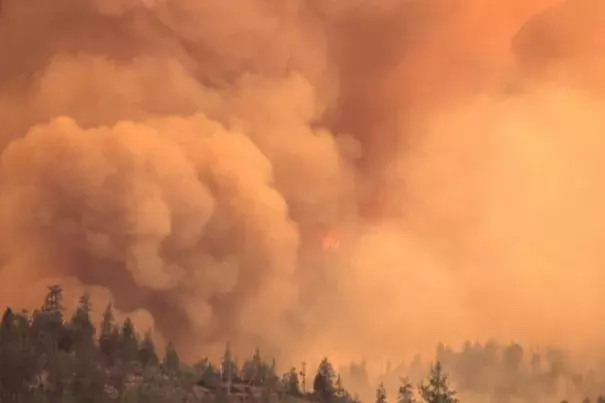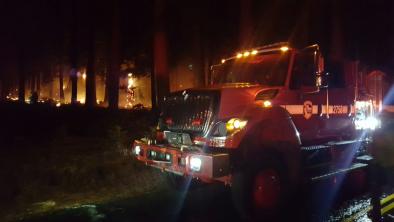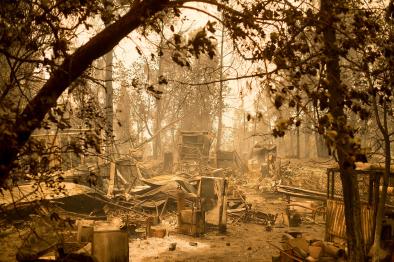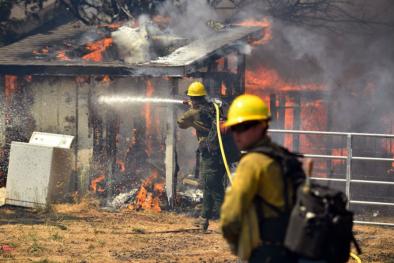Severe Wildfires Rekindle Controversial Call for Deliberate Burns

“We are in an enviable position here where we’re influenced both by climate change and the consequences of a century of more of fire suppression and land-use choices that reduced fire on the landscape,” said LeRoy Westerling, a professor at the University of California, Merced.
Westerling published a study last month finding that wildfire activity in the western United States has increased significantly over the past 30 years and is associated with warming temperatures and earlier spring snowmelt.[1]
“Fortunate in the sense that there’s something we can do to make our forests more resilient here,” he said. “We can treat fuels and make the forests much more robust to climate change and reduce the fire risk.”
A top California forestry official pointed to a string of severe fires in recent years that have raised awareness of the need to deal with fire risks.
“This frequency of these events of 50,000- to 100,000-plus acres means that the public perception of risk is changing, and their willingness and the willingness of the state’s political apparatus to engage with fire issues has probably never been higher within my career in forestry,” said Keith Gilless, the chairman of California’s Board of Forestry and Fire Protection and dean of the University of California, Berkeley’s College of Natural Resources.
He put the Erskine Fire, currently burning in Kern County, in the same context as other major fires, including the Rim Fire, the King Fire, the Valley Fire and the Butte Fire. The Erskine Fire, currently at 46,000 acres, has killed two people and destroyed more than 200 structures. “We’re already off to the races with the Erskine Fire this year,” Gilless said
Related Content





